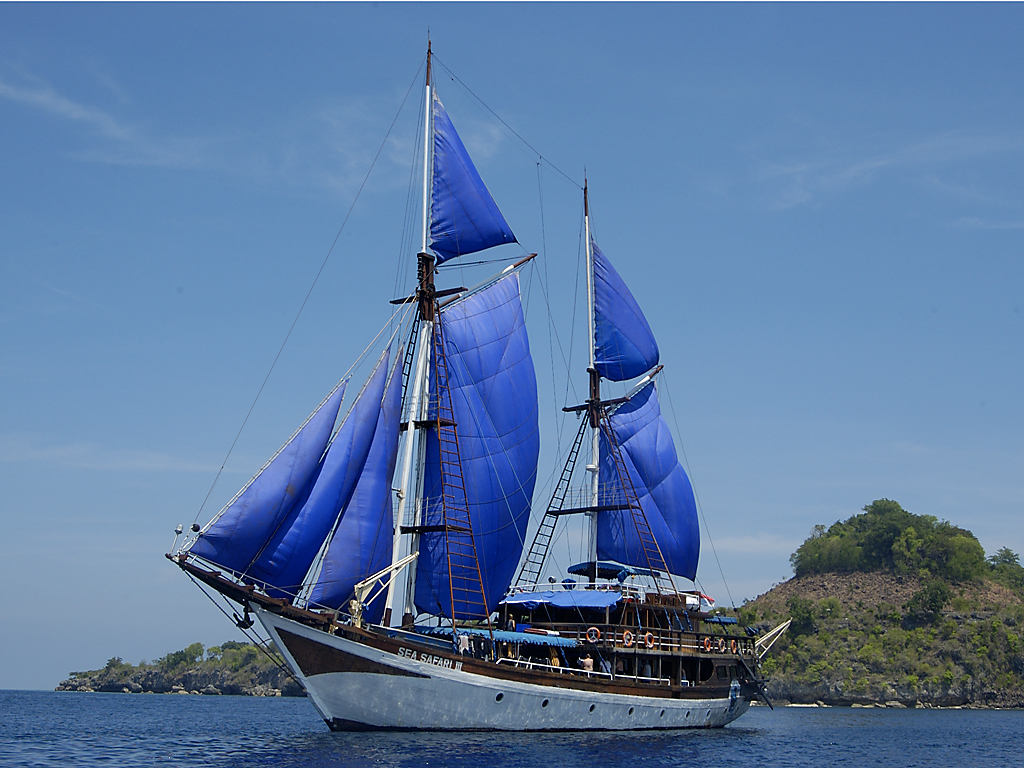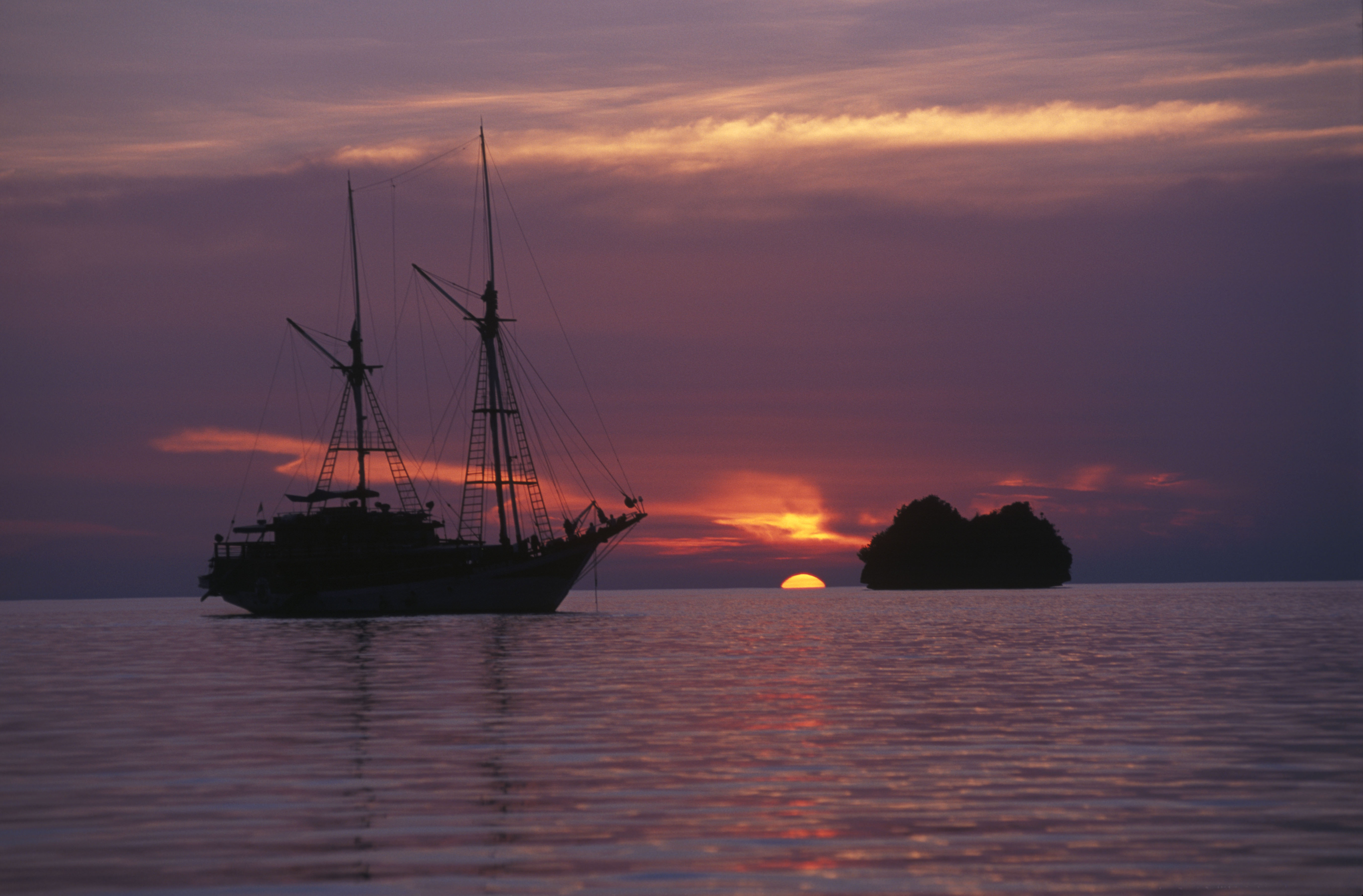Private sector engagement
Liveaboard Dive Boat. Copyright Conservation International, photo by Sterling Zumbrun.
Liveaboard Dive Boat. Copyright Conservation International, photo by Burt Jones and Maurine Shimlock.
The tourism industry was developed systematically to motivate the government to protect natural capital from over-exploitation and to prioritize more sustainable development pathways. The team works with tourism business owners in implementing ecotourism, including homestays owned by local communities, and championed the creation of a transparent and accountable tourist user fee system, which now generates over $1,000,000 per year in revenues that are directed to marine conservation and community development.
CI further supported the local tourism department and association of tour operators to take voluntary and regulatory steps to ensure tourism best practices. These ranged from developing a code of conduct for divers and educational video to installing mooring buoys to facilitating the development of Indonesia’s first comprehensive tourism legislation (now a national model) which caps the number of liveaboards, institutes a licensing system, and provides strict guideline for coastal development.
The tourism industry, which has become an increasingly large part of the local economy is now a powerful incentive for maintaining health ecosystems and prioritizing sustainable industries over mining and other extractive industries.
• Existence or significant potential for tourism industry development
• Interest and commitment of communities
• Support from service provider and government
• Legal mechanism to collect user fees
he systematic and controlled development of the tourism industry was a major catalyst for conservation in the Bird’s Head, especially to provoke within the government a change to protect natural capital from over-exploitation and to give precedence to the initiative. After years of dedicated engagement and media attention, there has also been a clear shift in government efforts to prioritize tourism as one of the main economic drivers for Papua. The Minister of Mines and Energy has made numerous strong public statements in the media that Raja Ampat is off-limits to mining due to its importance for conservation and tourism. Another shift towards tourism was exemplified in 2012 when the Raja Ampat government passed a local parliamentary regulation banning shark and ray harvesting. This legislation is the first to afford complete protection of sharks and rays in Indonesia and is the first formal sanctuary in the Coral Triangle.


